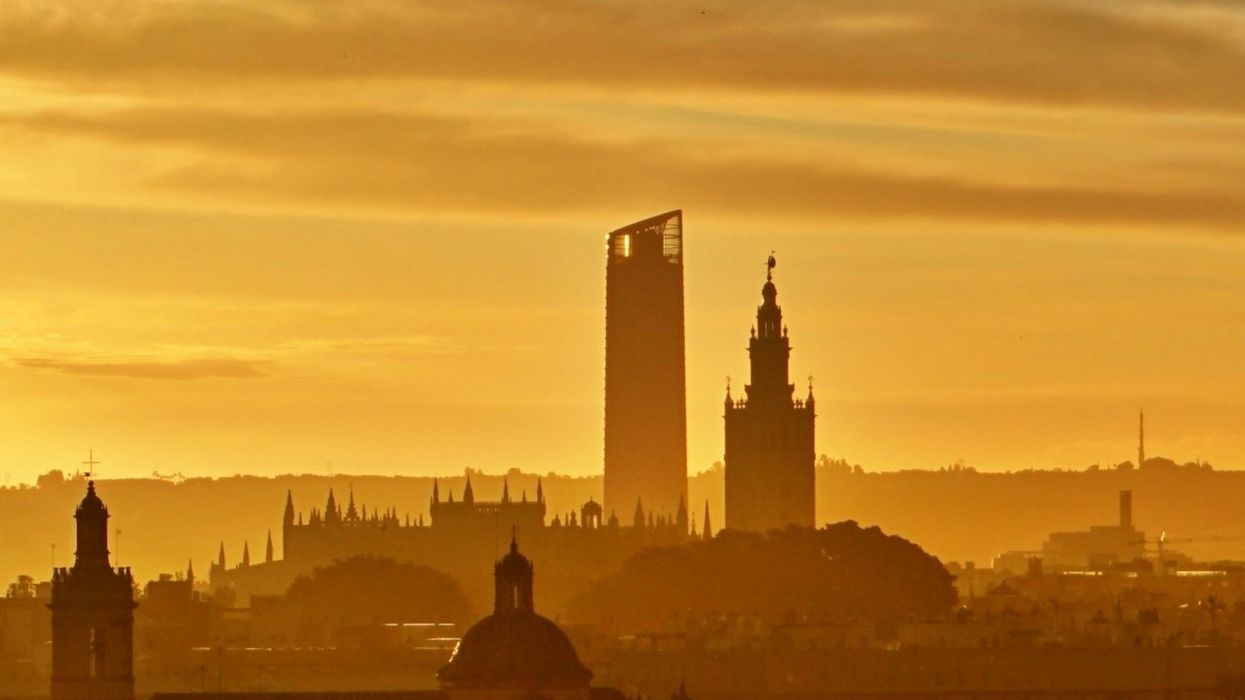As Spain swelters under record-breaking temperatures, centuries-old coping methods — from siestas to thick-walled homes — offer practical lessons for a warming Europe.
Jason Horowitz and Ilvy Njiokiktjien report for The New York Times.
In short:
- Seville uses traditional shading, thick walls, and controlled airflow techniques dating back to ancient Persia to keep indoor spaces dozens of degrees cooler than outside.
- Hospitals and workplaces are updating these ancient cooling principles, combining water-cooled systems with modern technology to protect patients, equipment, and workers.
- Public health measures now include home visits to vulnerable older adults, labor regulations for outdoor work, and lifestyle adjustments like shifting children’s play to nighttime.
Key quote:
“The climate is changing, and it’s us who have to adapt to it — not the other way around.”
— Manuel Morales, wholesale market worker in Seville
Why this matters:
Spain’s blend of historical wisdom and modern solutions shows how communities can survive — and even thrive — while climate change turns up the heat. High temperatures can be deadly, especially for the elderly. In Seville and other Spanish cities, the sun can scorch, pushing temperatures into the triple digits and turning the city into a slow cooker. But Spaniards are responding by reviving centuries-old survival hacks, showing how historical ingenuity can meet modern crises. In an era of intensifying heat waves, Seville’s blend of tradition and science offers a lesson for a world running hotter and faster than ever.Read more:
















